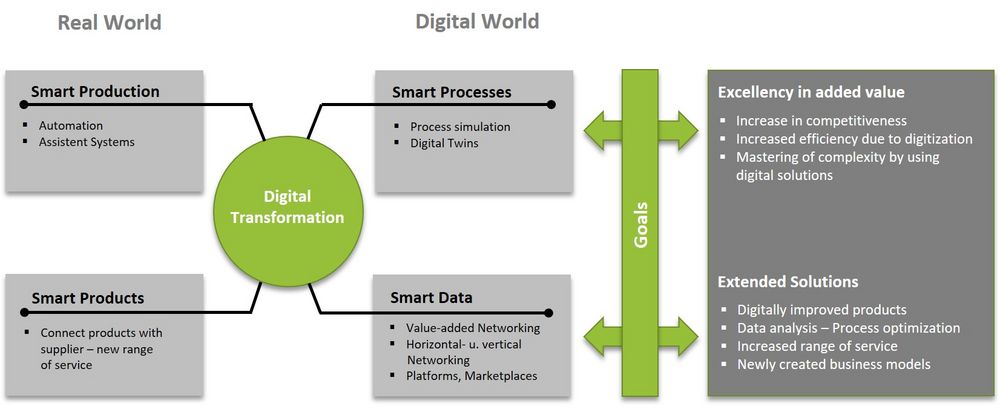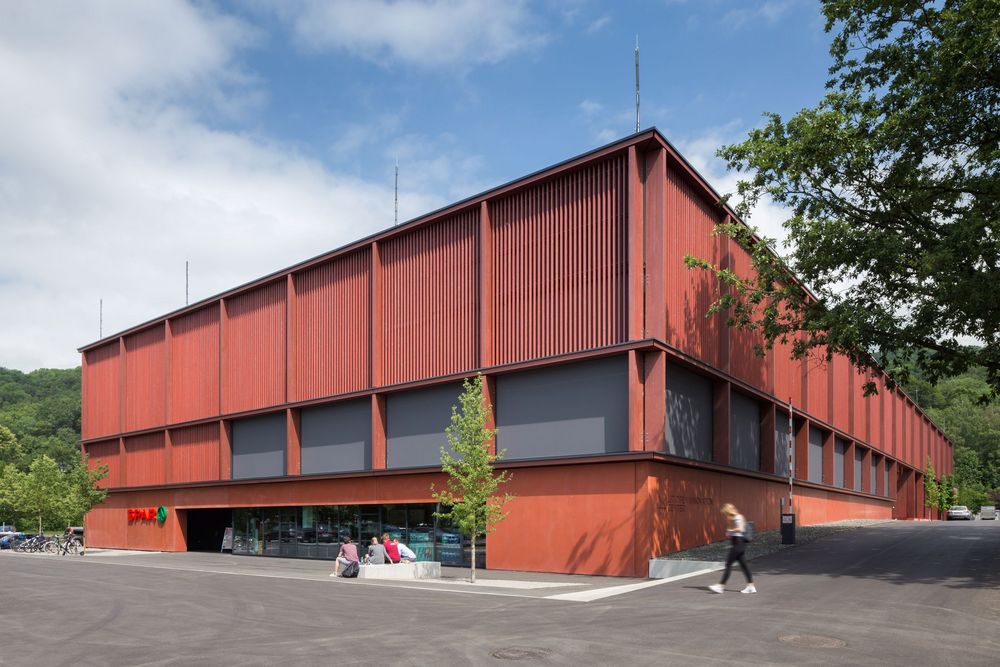In the research area "Digitization" we are dealing with the challenges, possibilities, and requirements of digitization for plastics production/recycling. Here, the possibilities of acquiring data from machines and analyzing them for improving the production process as well as product quality are considered. However, these approaches must not be developed and applied without the people in production. Therefore an important focus is the integration of humans to support them in their tasks. In the research area "Digitization" we are dealing with the challenges, possibilities, and requirements of digitization for plastics production/recycling. Here, the possibilities of acquiring data from machines and analyzing them for improving the production process as well as product quality are considered. However, these approaches must not be developed and applied without the people in production. Therefore an important focus is the integration of humans to support them in their tasks.

The manufacturing industry is facing the challenges of increasingly volatile markets with large fluctuations in acceptance figures and ever shorter product life cycles. In order to produce cost-efficiently, a much higher flexibility and adaptability to these changes is required. A consistent modularization of production resources and a consistent networking within production as well as across company borders promises to support this adaptability.
As an open platform, the LIT Factory is intended to research, develop, demonstrate and teach the potential and technologies of digitization and to create cross-industry solutions for products and production.
Univ.-Prof. DI Dr. Alois Zoitl knows more about Digitization.
